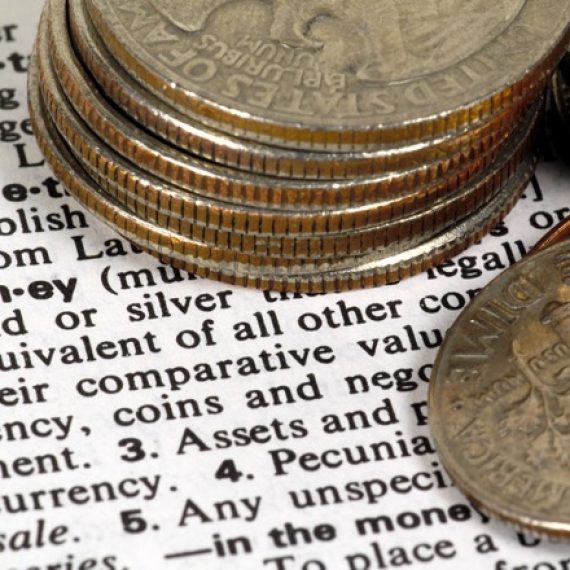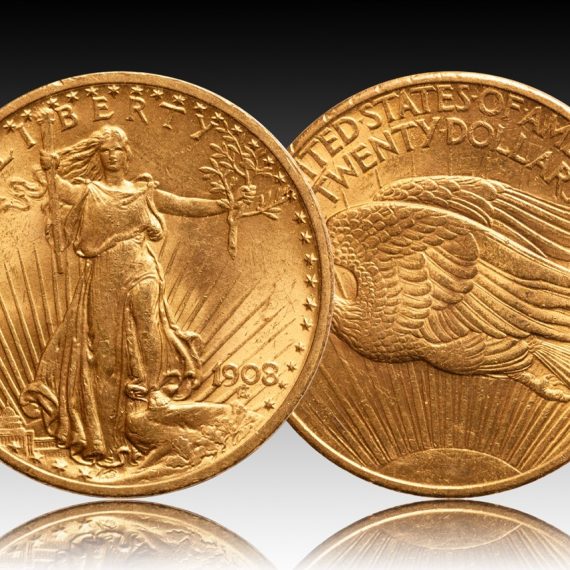February 12, 2011 – In precious metal bull markets, silver outperforms. Its price climbs at a faster rate than gold’s price. The reverse happens in bear markets. Silver’s price drops at a faster rate than gold’s price. The following chart of the gold/silver ratio illustrates this phenomenon.
At the peak of the last precious metal bull market in January 1980, it took 17.4 ounces of silver to buy one ounce of gold. Thereafter, the ratio turned and started climbing higher. By February 1991, 101.8 ounces of silver were needed to exchange for one ounce of gold. Silver was trading at only $3.50 per ounce, down 93% from its previous bull market peak.
Silver back then was “dirt cheap”, but it would not get any cheaper. Silver turned the corner as value oriented buyers recognized a bargain. Since then the price of silver has been generally rising, and has been doing so faster than the spectacular rise in the price of gold. The result is a long-term downtrend in gold/silver ratio. In other words, since 1991, silver has outperformed gold.
Last week, the ratio touched 45.0 and ended Friday at 45.3. It was the lowest weekly close for the ratio since February 1998, which is a significant date. That is the month Warren Buffett announced that he had acquired 130 million ounces of silver. His footprint is visible on the above chart.
We know from his disclosures that he began buying silver around $4 in July 1997. The ratio then was in the mid-70s. But note what happened to the ratio as Buffett accumulated his hoard over the next several months, culminating with the announcement of his purchase. The gold/silver ratio fell by nearly 50%, so that only 41.3 ounces of silver were needed to buy one ounce of gold. Silver was clearly outperforming gold, just like it has been doing over the last several months – as shown in the above chart by the remarkable drop in the ratio.
The ratio has now reached an important point. It is breaking through support, which is illustrated by the lower red line on the above chart.
Several previous attempts to break through support have failed, with the result that for many years the ratio has continued marking time within a trading range bounded by the parallel red lines. That trading range now looks mature and ‘ripe for picking’.
One never knows of course how the markets will unfold in the future. But I expect that the ratio will finally break through support, which is an event that I have been looking and waiting for patiently over many years.
If I am right and the ratio knifes through the low 40s and below the Buffett point, there is no clear short-term target. Given the momentum evident in the above chart and the bullish fundamental factors impacting silver at present – like its unprecedented backwardation – a drop to at least the low 30s seems highly likely, but I don’t rule out the possibility of the ratio falling even lower.
My long-term target for the ratio is 17. It is approximately the average level at which the two precious metals were exchanged for hundreds of years prior to the arrival of fiat currencies in 1971. It has been my view that a 17-to-1 ratio is attainable by 2013-2015, but given what seems to be shaping up, we probably won’t need to wait that long.
The unprecedented backwardation in silver has one clear signal. The potential for a massive short squeeze is building. If one occurs – as I believe is becoming increasingly likely – there is no telling how quickly a 17-to-1 ratio could be achieved.
For my specific trading recommendations, see Trading.

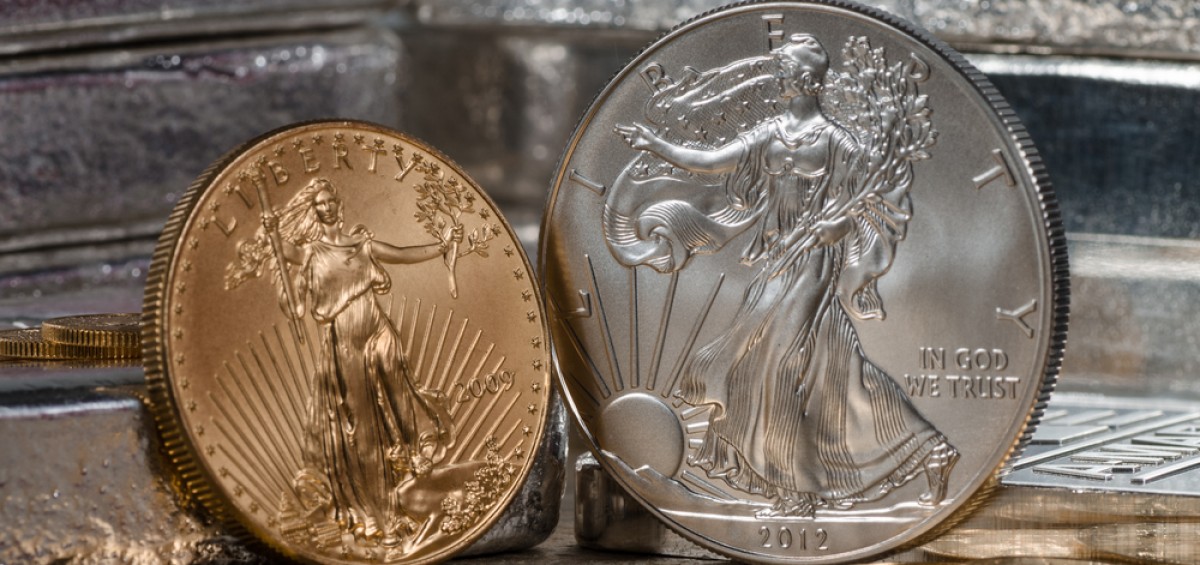



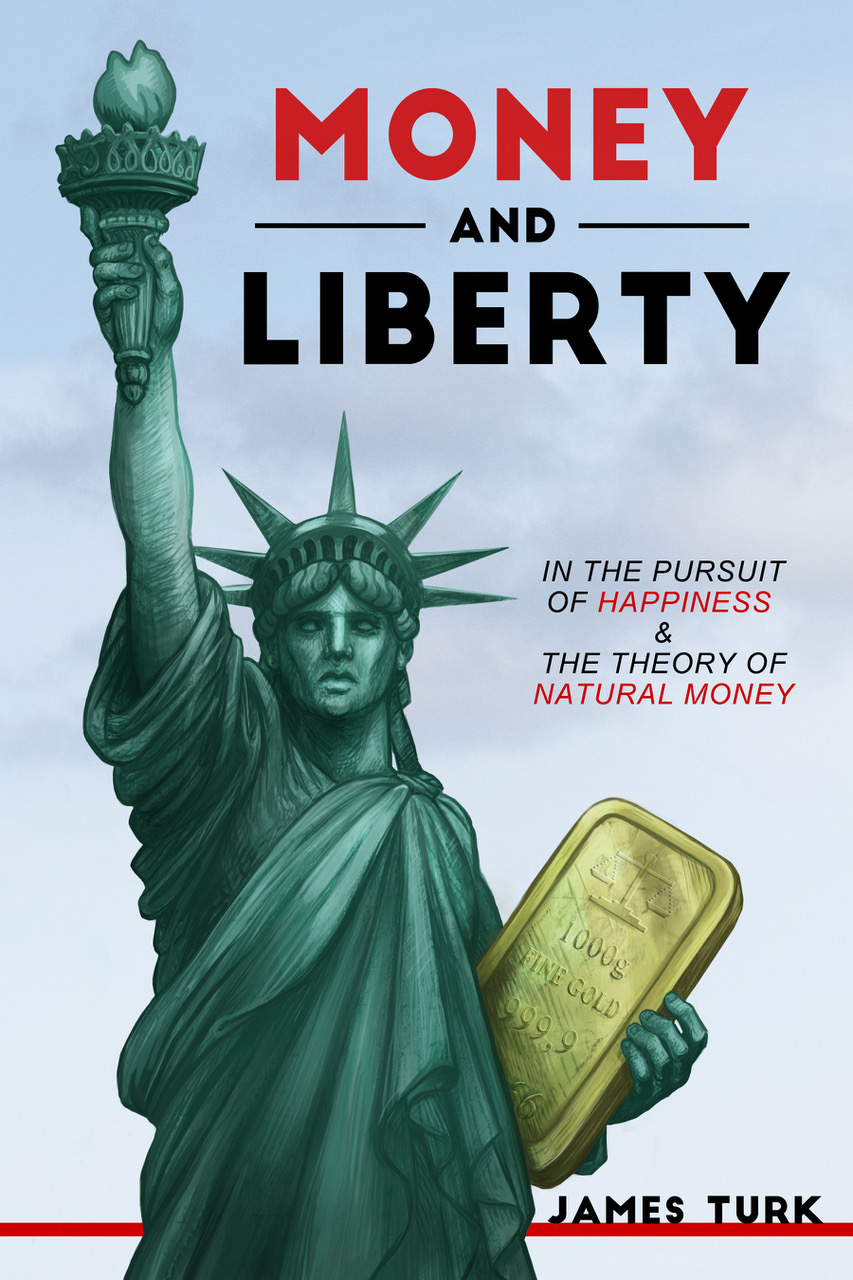
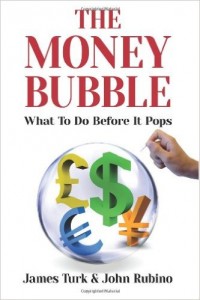
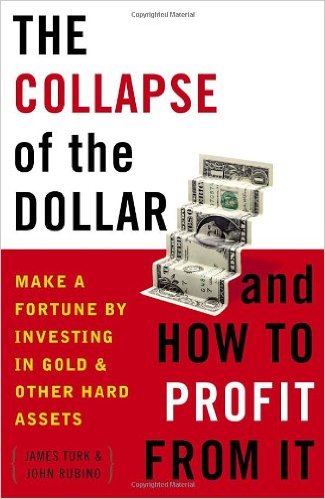
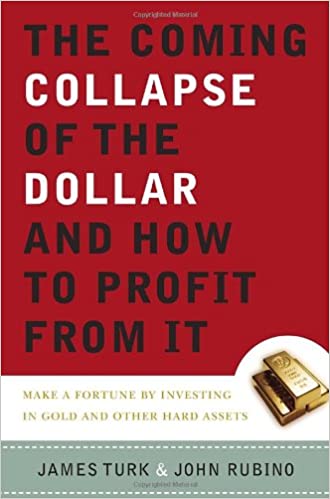
 My objective is to share with you my views on gold, which in recent decades has become one of the world’s most misunderstood asset classes. This low level of knowledge about gold creates a wonderful opportunity and competitive edge to everyone who truly understands gold and money.
My objective is to share with you my views on gold, which in recent decades has become one of the world’s most misunderstood asset classes. This low level of knowledge about gold creates a wonderful opportunity and competitive edge to everyone who truly understands gold and money.